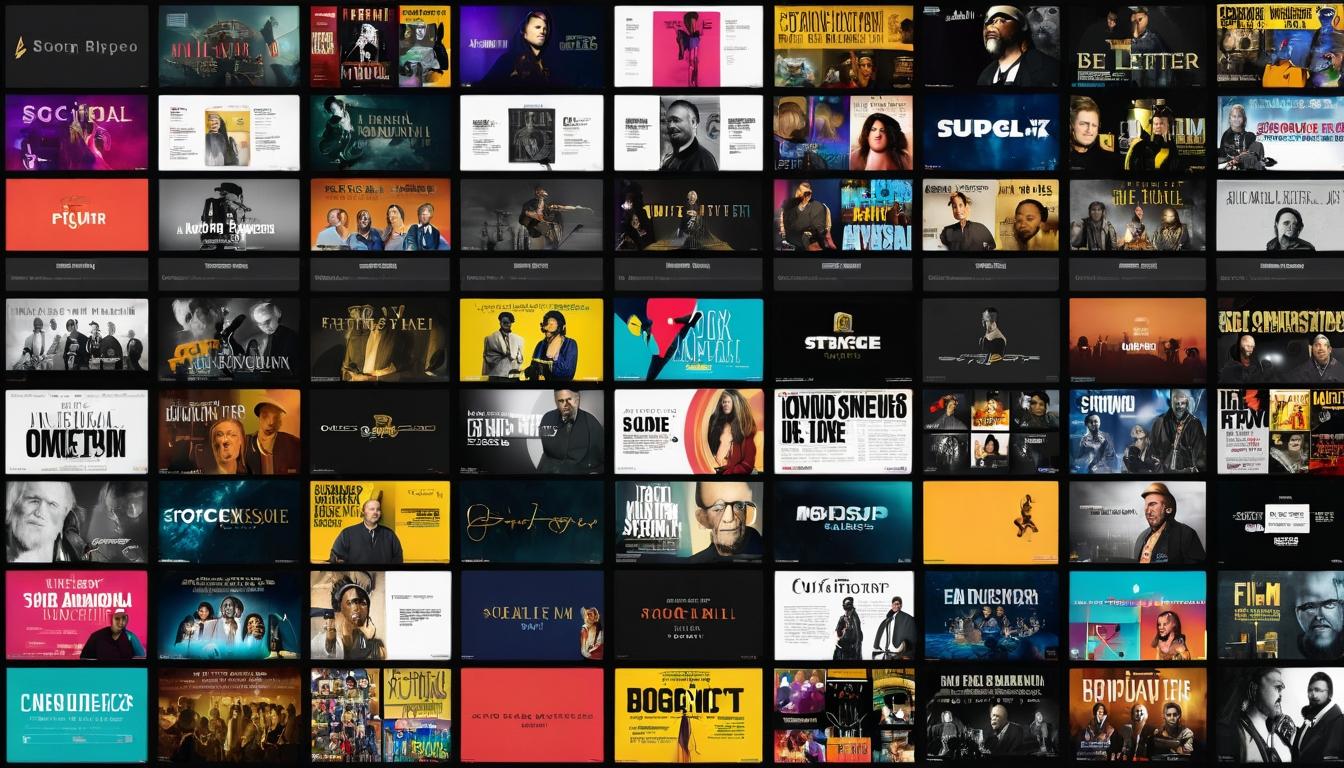The dimly lit studio hums with anticipation as the composer’s fingers hover over the keyboard. A single note hangs in the air, then blossoms into a melody that will soon underscore someone’s favorite movie moment. Yet outside these soundproof walls, the artists crafting these emotional landscapes remain largely invisible, their battles for recognition and fair compensation hidden behind the glamour of Hollywood.
Streaming services have revolutionized how we consume media, but they’ve also created a seismic shift in how film composers get paid. Unlike traditional box office bonuses or physical media royalties, streaming payments often feel like finding coins in a sofa cushion—present, but hardly substantial. The system operates on complex formulas that consider subscriber counts, viewing minutes, and mysterious algorithms that would make even the most seasoned mathematician scratch their head.
Meanwhile, the art of film scoring itself is evolving at breakneck speed. Composers now juggle orchestral traditions with electronic experimentation, often within the same project. The demand for hybrid scores—blending classical instruments with synthetic textures—has created both opportunities and identity crises within the community. Some embrace the fusion, while others worry about losing the distinctive voice that acoustic instruments provide.
The very tools of the trade have transformed dramatically. Where once composers worked with pencil and paper, then moved to large scoring stages, many now create entire symphonies from their home studios using sample libraries so realistic they fool even trained ears. This democratization of technology means more diverse voices can enter the field, but it also raises questions about the future of live recording sessions and the unique energy they bring to a score.
Behind the scenes, a quiet revolution is brewing among composers organizing for better rights. Organizations like the Society of Composers & Lyricists are pushing for transparency in streaming payments and proper credits on platforms where music often gets buried in menus. The fight isn’t just about money—it’s about respect for an art form that fundamentally shapes our emotional connection to cinema.
Social media has become both a blessing and a curse for these musical storytellers. Platforms allow composers to build direct relationships with fans, sharing behind-the-scenes glimpses and educating audiences about their craft. Yet the constant pressure to become content creators distracts from the deep focus required for composition, forcing artists to balance artistic integrity with algorithmic demands.
The globalization of film production has created fascinating cultural exchanges in scoring. Western composers are increasingly collaborating with international filmmakers, incorporating traditional instruments from various cultures into their palettes. This cross-pollination enriches the musical language of cinema but also demands sensitive handling to avoid cultural appropriation, requiring composers to become part-ethnomusicologists in their research.
Young composers entering the field face a landscape vastly different from their predecessors. The path no longer necessarily leads through Los Angeles or London, as remote collaboration tools enable talent from anywhere to work on major productions. This geographical freedom comes with its own challenges, including isolation from the industry’s networking hubs and the difficulty of building mentor relationships across time zones.
Perhaps most profoundly, the very purpose of film music is being reexamined. As films compete with countless other distractions on streaming platforms, scores must work harder to hold viewer attention while avoiding becoming manipulative or intrusive. The delicate balance between supporting storytelling and overwhelming it has never been more challenging—or more crucial.
The next time you find yourself swept away by a film’s emotional current, remember the artist who crafted that journey note by note. Their struggle for recognition continues, their art evolves, and their music remains the invisible character in every story we love.
The unsung heroes: how film composers are fighting for recognition in the streaming era

